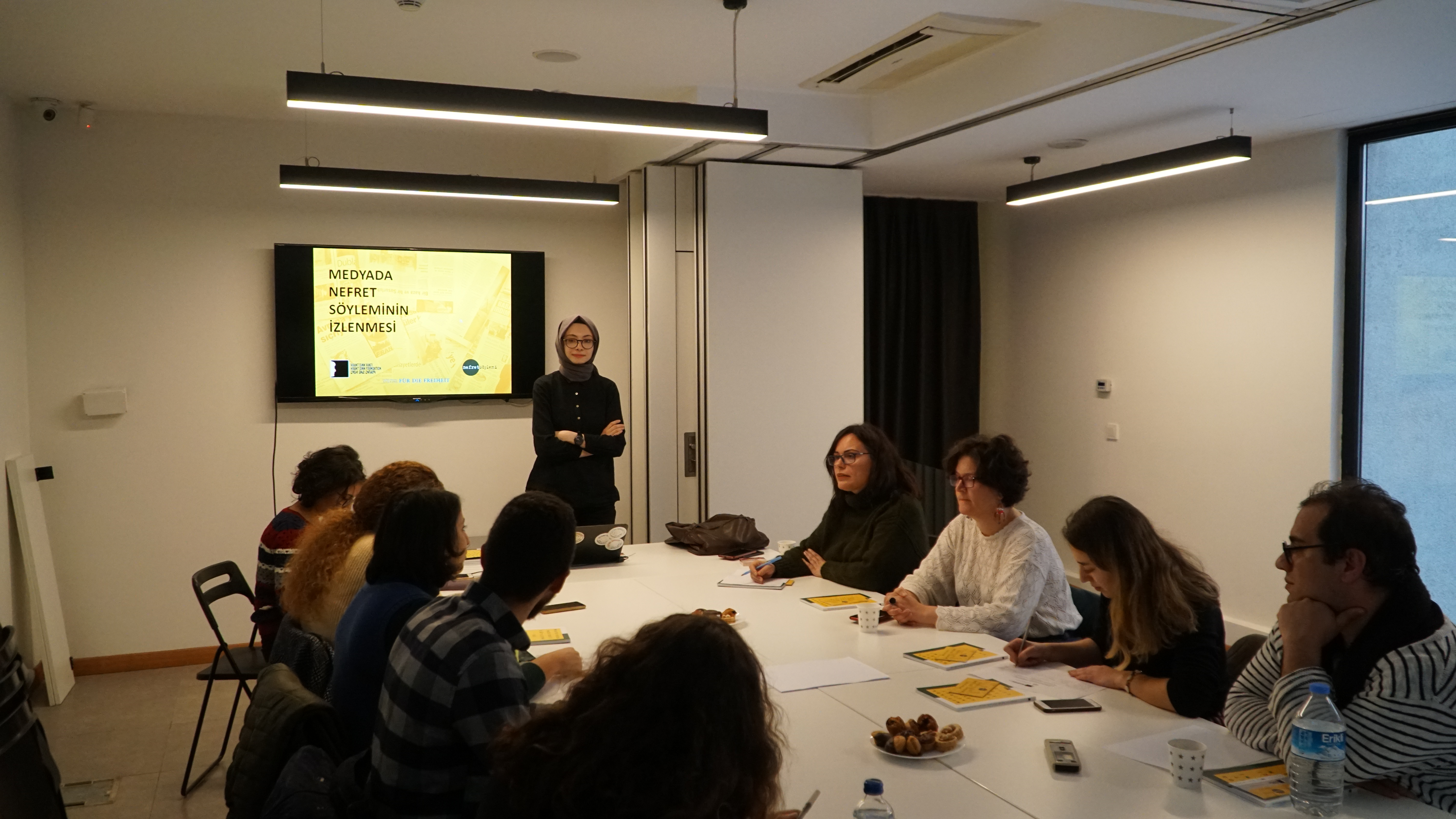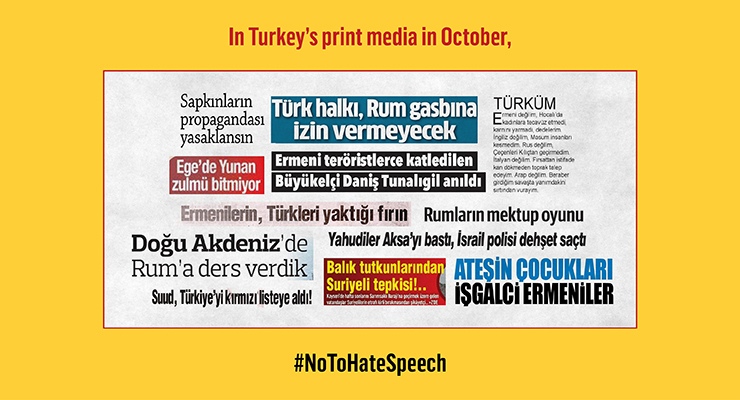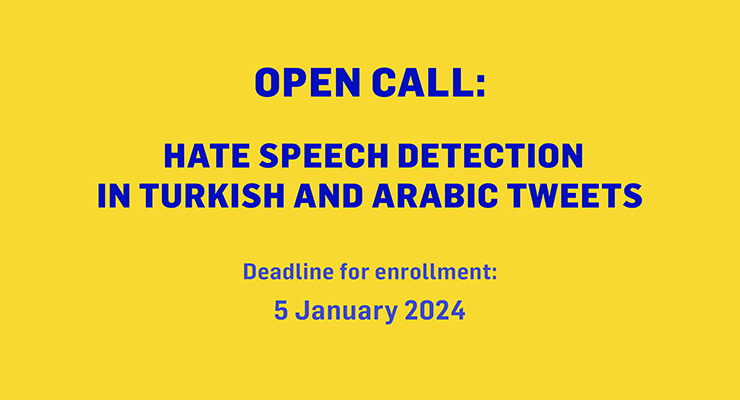Hate speech was comprehensively examined from interdisciplinary perspectives under the themes of definition, detection, and combating hate speech. On the first day, the "Utilizing Digital Technology for Social Cohesion, Positive Messaging and Peace by Boosting Collaboration, Exchange and Solidarity" project was introduced, and discussions focused on defining hate speech in the context of media, social media, and ethical practices. The second day was dedicated to linguistic and computer engineering approaches for detecting hate speech, as well as socially driven strategies for combating it. Throughout the two-day event, two reports were also presented: Hate Speech: Current Issues and Debates and Utilizing AI Against Hate Speech: A Guide To Annotation, Classification, And Detection.
During the event, the AI tool pari, developed in partnership with Hrant Dink Foundation, Boğaziçi University, and Sabancı University, was introduced. This tool detects hate speech in Turkish and Arabic texts, prioritizing the fight against hate speech while preserving freedom of expression. Its goal is to raise public awareness and contribute to the development of inclusive language. The name pari carries meaning in multiple languages: In Latin, it means "equal", emphasizing values of equality, in Armenian, it means "good", symbolizing our effort to promote kindness in language, encourage constructive dialogue, and foster pluralism, in Persian and Turkish, "pari" translates to "fairy", representing our commitment to strengthening coexistence in both linguistic and digital spaces. With standard and professional membership options, individual users, researchers, and professionals can detect and analyze hate speech in text-based datasets. The tool helps users understand, define, and combat hate speech, aiming to promote inclusive language in online and offline spaces while supporting users through data analysis.
Joris Heeren, EU Delegation
Aret Demirci, Friedrich Naumann Foundation
Didar Akar, The Annotation Process in the Project
Arzucan Özgür, What is pari?
İnanç Arın, AI models and Classifications used in training pari
Gökçe Uludoğan, How to use the AI tool pari?
Berrin Yanıkoğlu, Challenges and Limitations Encountered in the Project
Chair: İdil Engindeniz
Susan Benesch, Countering Online Hate Speech: Lessons from Practice
Yasemin İnceoğlu, Evolving Definitions of Hate Speech and Their Implications for Policy, Regulation, and Technology
Tirşe Erbaysal Filibeli, Hate Speech and Policies of Social Media Platforms
Zeynep Özarslan, Ethical Applications of AI To Combat Hate Speech Online
Chairs: Berrin Yanıkoğlu, Didar Akar
Tommaso Caselli, Detecting Hate Speech with NLP: Pending Challenges
Claudia von Vacano, Significance of annotator’s identity on hate speech detection models
Eser Selen, A Multi-modal Critical Discourse Analysis of Queer Subjectification in Turkey
Onur Varol, Spread of Hate Speech with Algorithmic Amplification and Automated Content Generation

The project is financed by the European Union




